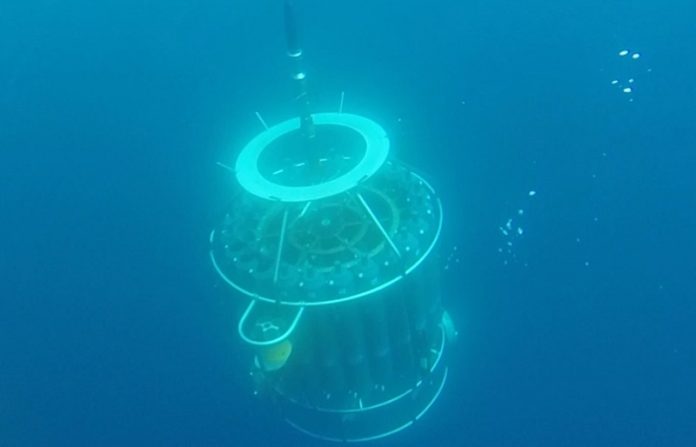
A new study has revealed that an “invisible forest” of tiny organisms called phytoplankton is thriving in certain parts of our warming oceans.
Phytoplankton are microscopic plants that float in the ocean and play a crucial role in our planet’s ecosystem.
They perform about half of the Earth’s primary production, which means they use sunlight to create living cells, similar to how plants on land do.
The research, conducted by scientists from the University of Exeter, focused on understanding how different groups of phytoplankton are responding to changes in ocean temperature.
The study looked at phytoplankton living at the ocean’s surface and in a subsurface layer, which is a deeper part of the ocean that gets less light.
The findings, published in the journal Nature Climate Change, show that these two groups of phytoplankton are reacting differently to climate change.
Over the last ten years, the total amount of phytoplankton living below the surface has increased as the ocean has warmed.
These deep-dwelling phytoplankton, which thrive in low-light conditions, are growing more as the waters heat up.
On the other hand, the phytoplankton at the surface have shown a decrease in chlorophyll, the green pigment that helps them capture sunlight for photosynthesis.
Despite this, the overall amount of surface phytoplankton has stayed the same.
The study used 33 years of data from the Bermuda Atlantic Time-series Study (BATS), which monitors the Sargasso Sea, a region of the North Atlantic Ocean.
The data also revealed that the upper layer of the ocean, known as the surface mixed-layer, has become shallower as the ocean has warmed more rapidly over the last decade.
Understanding these changes is essential because phytoplankton form the base of the marine food web.
They are the primary food source for small marine creatures, which are then eaten by larger animals, including fish and marine mammals. Phytoplankton also play a key role in removing carbon dioxide from the atmosphere, helping to regulate the Earth’s climate.
Dr. Johannes Viljoen, one of the lead researchers from the University of Exeter, emphasized the importance of these findings.
“Our study shows that deep-living phytoplankton respond differently to ocean warming than those at the surface,” he said. “Since we usually rely on satellite images to monitor phytoplankton, which can’t see below the surface, it’s clear we need better ways to track what’s happening deeper in the ocean.”
Co-author Dr. Bob Brewin added, “Changes in phytoplankton populations can affect the entire marine food chain, from the smallest creatures to the largest fish and mammals. What happens to these tiny organisms could have significant impacts on marine biodiversity and the overall health of our oceans.”
As the climate continues to change, ongoing monitoring of these deep-living phytoplankton will be crucial in helping scientists understand the unseen changes happening in our oceans.
This research highlights the need for improved global efforts to observe and protect these vital organisms that support life in the sea.



